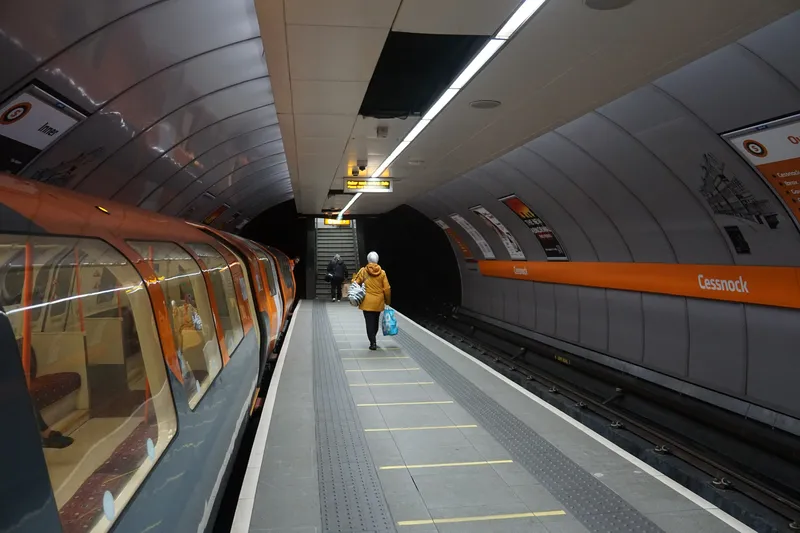
Strathclyde Partnership for Transport will use Unicard’s smart ticketing platform to digitise paper-based ZoneCard ticketing on ScotRail, Glasgow Subway and bus routes in west Scotland.
The ZoneCard ticket can be purchased on a website or dedicated mobile app. Unicard’s ITSO-based platform is compatible with smartcard ticketing systems used by other local authorities and transport operators in Scotland.
Users with an existing transport card such as Transport Scotland’s National Entitlement Card – also provided by Unicard – can add ZoneCard tickets to it without needing to purchase or carry a new card. It has removed the need to buy paper tickets from the driver when boarding. Instead, a passenger can “tap in”. It is designed to improve the passenger experience and reduce the complexity involved with managing paper tickets.
It is based around ITSO, the established and widely-used national smart ticketing standard. ITSO, previously called the Integrated Transport Smartcard Organisation, maintains the ITSO standard for smart ticketing in the UK.
Unicard’s ticketing platform comprises its Mobility as a Service (MaaS)-ready ticketing platform, a central back-office solution encompassing a high performance ITSO HOPS (Host Operator Processing System) and flexible customer management system, which securely processes all smart transactions.
This combined solution is supported by a dedicated customer self-service web portal and mobile app for iOS and Android devices. The cloud-based solution can scale to support different modes of transport and mobility services when required. It can also be configured to support account-based ticketing in line with fare capping and flexible travel schemes.
“A key benefit and differentiator of our platform is that it is token-agnostic, and therefore supports other technologies,” said Sean Dickinson, chief executive of UK-based Unicard. “This means that while ITSO may be the best solution for now, the platform is future-proofed. With these new capabilities Strathclyde Partnership for Transport can accommodate other token types and services like QR codes, contactless bank cards or account-based ticketing whenever they choose.”
Unicard was founded 20 years ago and has two offices in the UK and a technical development team in Bulgaria. Unicard’s solutions use open and distributed architectures. It has direct relationships with organisations, but also partners with third party service suppliers.
Its portfolio of fully-hosted and managed solutions support travel scheme expansion from single usage or concession to multimodal and multi-operator configurations across smartcard, barcode and EMV - a payment method based on a technical standard for smart payment cards and for payment terminals and automated teller machines which can accept them. EMV stands for Europay, Mastercard and Visa, the three companies that created the standard for the EMV smart cards
Unicard said that it processes over four billion secure transactions a year and supports around eight million passengers around the UK. Its back-office solutions power over 80 local authorities in the UK, including Transport for West Midlands, Transport Scotland, Transport for Wales, Transport for London and Rail Delivery Group.








